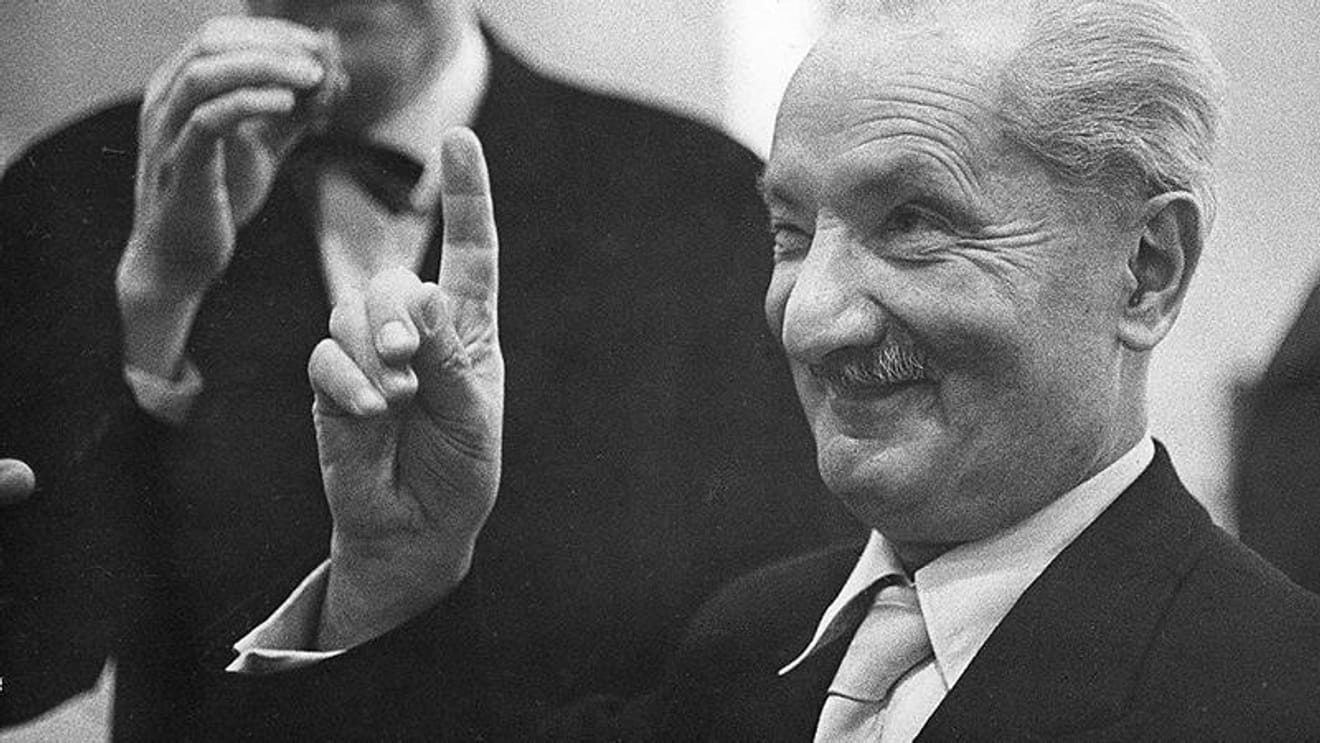Free LectureOne participant shyly took out a notebook.
Her hand trembled slightly as she opened it, and she kept her eyes down, seemingly embarrassed. She works for a public institution and is expected to handle marketing and promotion for related programs in the future. She shared some ideas she'd been thinking about with others for the first time. A brief explanation of the topics to be addressed followed, along with insights gleaned from articles about the target demographic, her personal reflections, and references. Suddenly, scenes I was very familiar with unfolded before me again.
When I met her eyes, filled with a mixture of anxiety and excitement as she waited for my opinion, I realized I had to make a decision about my response.
-
A former UN climate policy expert who had worked for a global NGO client shared her experience participating in a creative workshop held by a Swedish agency. The theme of the workshop was 'You can be creative too', she said.
They used a large A3 sheet of paper and drew horizontal and vertical lines to create a total of 25 squares. Team members sat around a round table, and one by one, they filled in the squares with images related to 'apple'. Starting with the fruit 'apple', various images related to 'apple', including the top of a MacBook, were filled in. They celebrated the results together and got excited by the shouts of 'You're creative too! Have confidence!' about their experience.
Frankly, I couldn't help but question the purpose of these ideas. Will these contrived ideas truly fulfill their intended role? For whom, and in what sense, can these ideas be deemed acceptable? These are the questions.

Martin Heidegger
From a phenomenological perspective, as Heidegger discusses, human beings are beings thrown into the world from birth.The way we give meaning and confirmation to our existence is to live by caring for the world we belong to and the other beings within it.Here, 'caring' can be understood as 'taking care of' or 'paying attention to'. Terms like business, service, product, sales, marketing, and so on, which we often associate with making money, are fundamentally about stories about peopleinvolved in the roles of buying and selling.
Ideas themselves are meaningless.
The significance of an idea is determined by whether the resulting product, strategy, or advertising content, reflecting that idea, can be easily incorporated into the daily reality of the end-user or consumer. In other words, unless there is information that allows us to judge how meaningfully it connects with people's daily lives and whether that meaning is truly meaningful to them, evaluating and assessing the value of an idea is impossible from the outset.
Ideas can be enjoyable to conceive, imagine, and combine in and of themselves. However, for an idea to gain significance, it must be connected to the reality of people, such as conveying or creating meaning linked to someone else's 'caring' in the world. Through this understanding, we can judge the appropriateness of the idea.
If you agree with Heidegger's perspective that humans care for others to find meaning in existence, ideas, too, must be connected to the meaning of their existence, revealing concern for others living in an unfamiliar world that I don't fully understand and conveying meaningful content to them.You'll likely also agree with this.
-
Terms like 'customer-centric' and 'user-centered' strategies are familiar, but they also seem superficial to me. People exist first, and the corporate perspective simply adds the labels of 'consumer' or 'user'. However, there is still a limited intentionality in how we view people's everyday lives in their natural state.
Therefore, the question successful entrepreneurs pose to themselves – what impact will my work have on society? – holds a more fundamental power, convincing both themselves and the world of the reason for the existence of all subsequent ideas.
p.s. If ideas were people, I imagine I would hear the following response in an interview with him/her.
“People don't care much about why I exist. They're more interested in what clothes to put me in and what to make me do.”

Visual Field Notes: Drawing Insights in the Yucatan by CAROL HENDRICKSON
Comments0